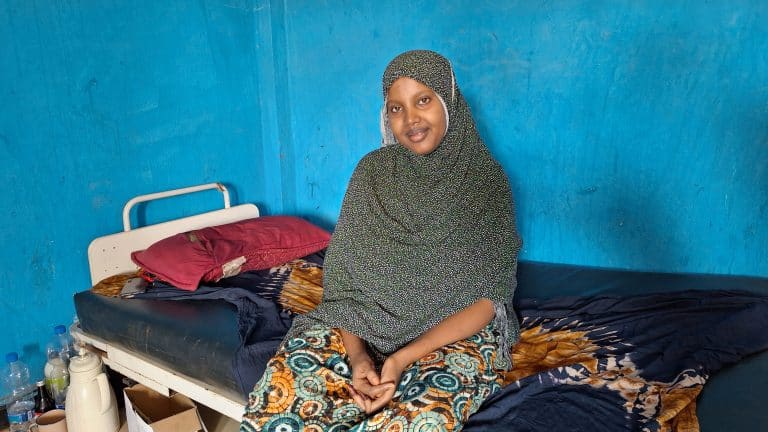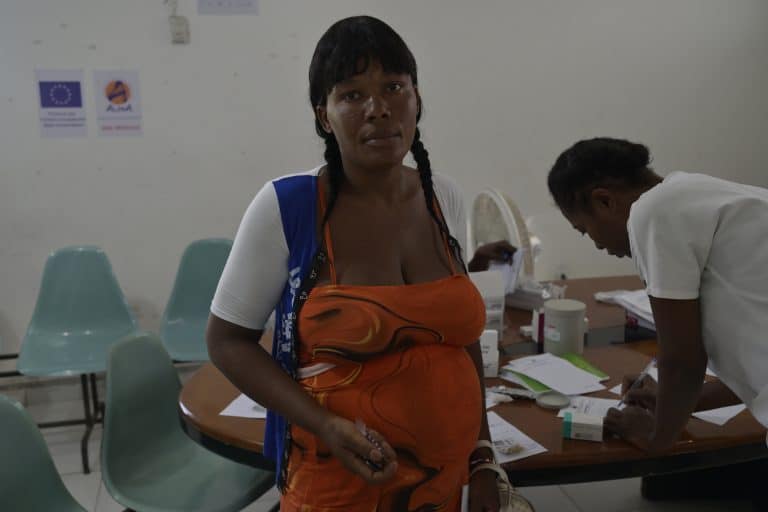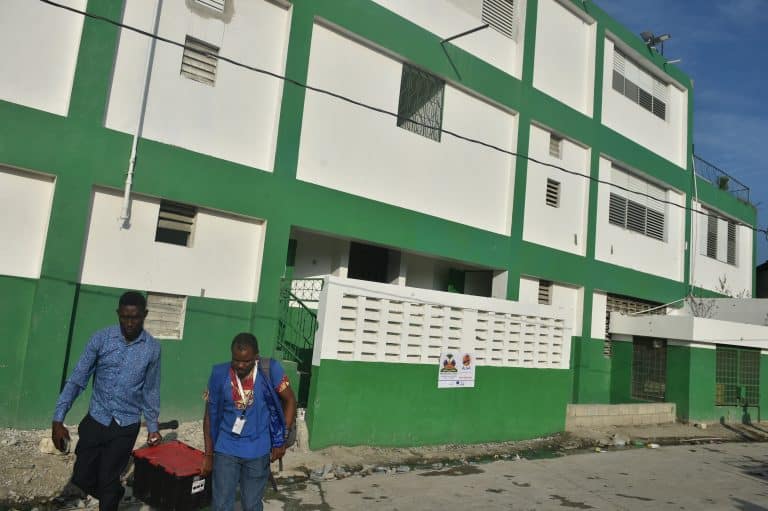What were the needs ALIMA identified in Maradi?
The Maradi municipality announced the first cases of cholera in late July. A team from ALIMA was immediately dispatched to the area to assess the needs, and they found a critical situation. The isolation center that the authorities had set up did not meet international health standards: there was no patient triage, and the equipment and health personnel were inadequate. The center did not have drinking water and there was no waste management system.
The patients were in a very precarious situation: they did not receive food; drugs were in short supply; and there was no system of referral. Community outreach activities were also very limited.
Can you describe what the teams accomplished in the last few months?
With the support of the European Commission’s Humanitarian Aid and Civil Protection Department (ECHO), ALIMA was able to respond quickly and to set up a Cholera Treatment Center (CTC) to ensure optimal care and reduce mortality, at a time when there were more than 5 new cases per day.
The CTC consists of a triage area, a 12-bed observation area, a 30-bed hospitalization area, an 8-bed recovery area, a visitor area, a waste disposal area, a washing and drying area, a medical office, a stock room and a morgue.
We also created a network of community contact points trained to identify the sick and refer them to our center. There, suspected patients are disinfected and sent either to the observation or the hospitalization areas. The average length of stay in the center is approximately 3 days.
Each patient receives a WASH kit consisting of 8 bars of soaps, 40 tablets of aquatabs and oral rehydration solutions (ORS).
What can be done to prevent such outbreaks?
First, we must address the structural lack of basic sanitation facilities (sewage systems, toilets, waste areas and potable water points).
Then, in order to avoid contamination within the community, it is necessary, as soon as the first case is confirmed, to carry out outreach activities on a large scale, to inform people about the symptoms and modes of transmission of the disease, and on the first steps to take in the event of a suspected case, etc. That’s why our teams ran campaigns; they worked with health promoters in the neighborhoods, organized several public screenings on cholera and put up posters on public transport vehicles.
Cholera is easy to treat if it is diagnosed in time. The treatment exists and is 100% effective. The case fatality rate in hospital does not generally exceed 2% and is linked to late referrals. Nevertheless, given the speed of the spread of the outbreak, there is a high risk of exceeding capacities if the response is not adapted and coordinated with WASH (water, sanitation and hygiene) actors.
Finally, vaccination against cholera is also an effective preventive measure against outbreaks.
*This project is made possible thanks to generous funding from the European Commission’s Humanitarian Aid and Civil Protection Department (ECHO).
*Photos: ©European Union/Olivier Girard





